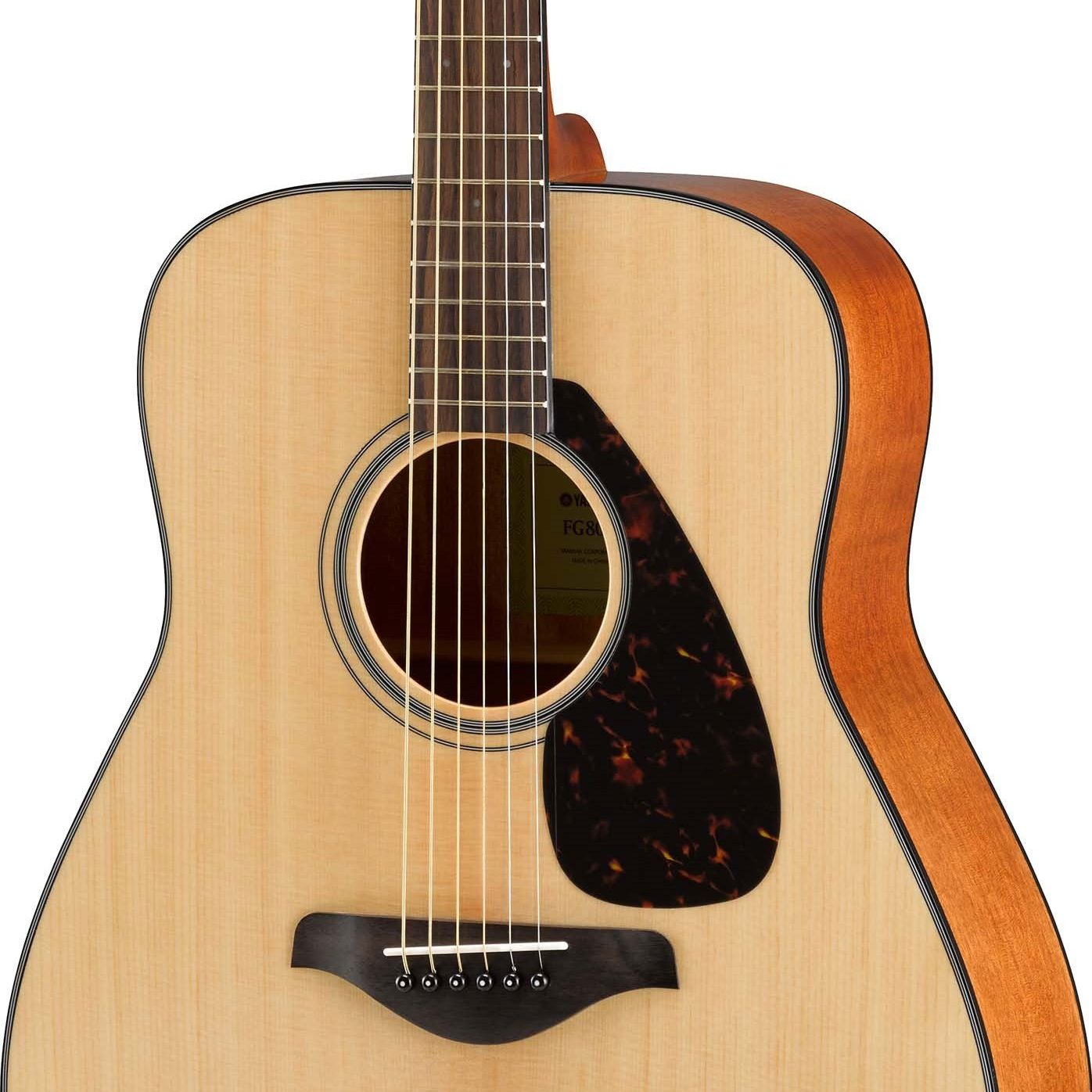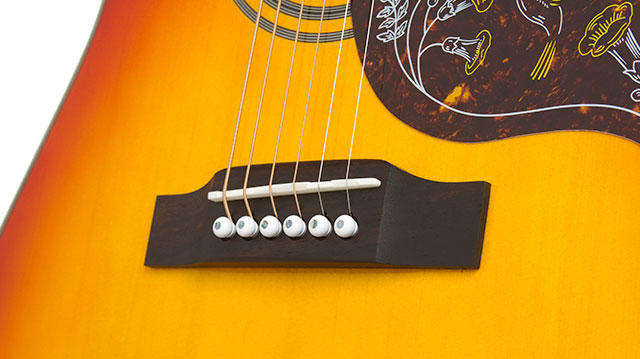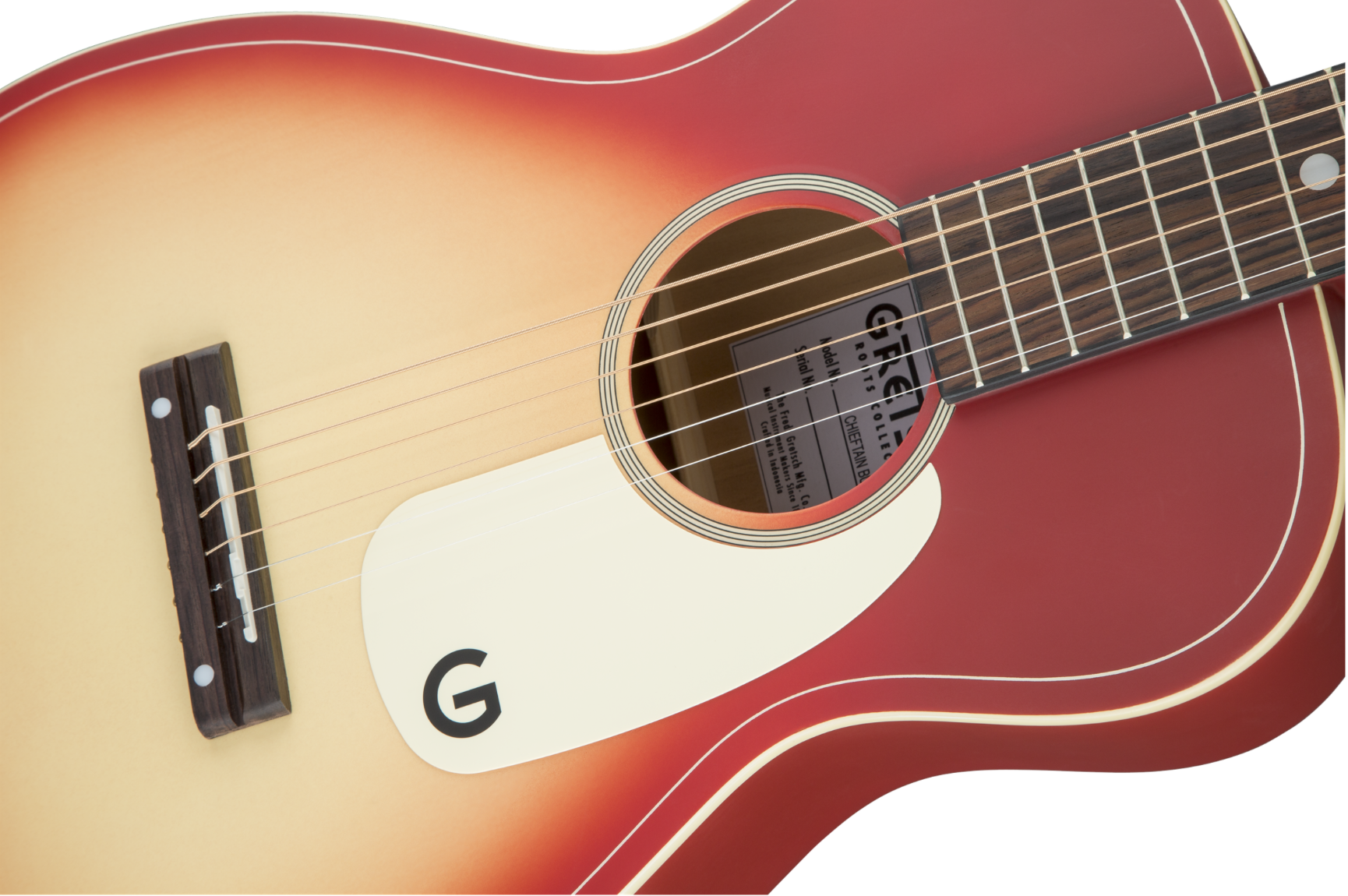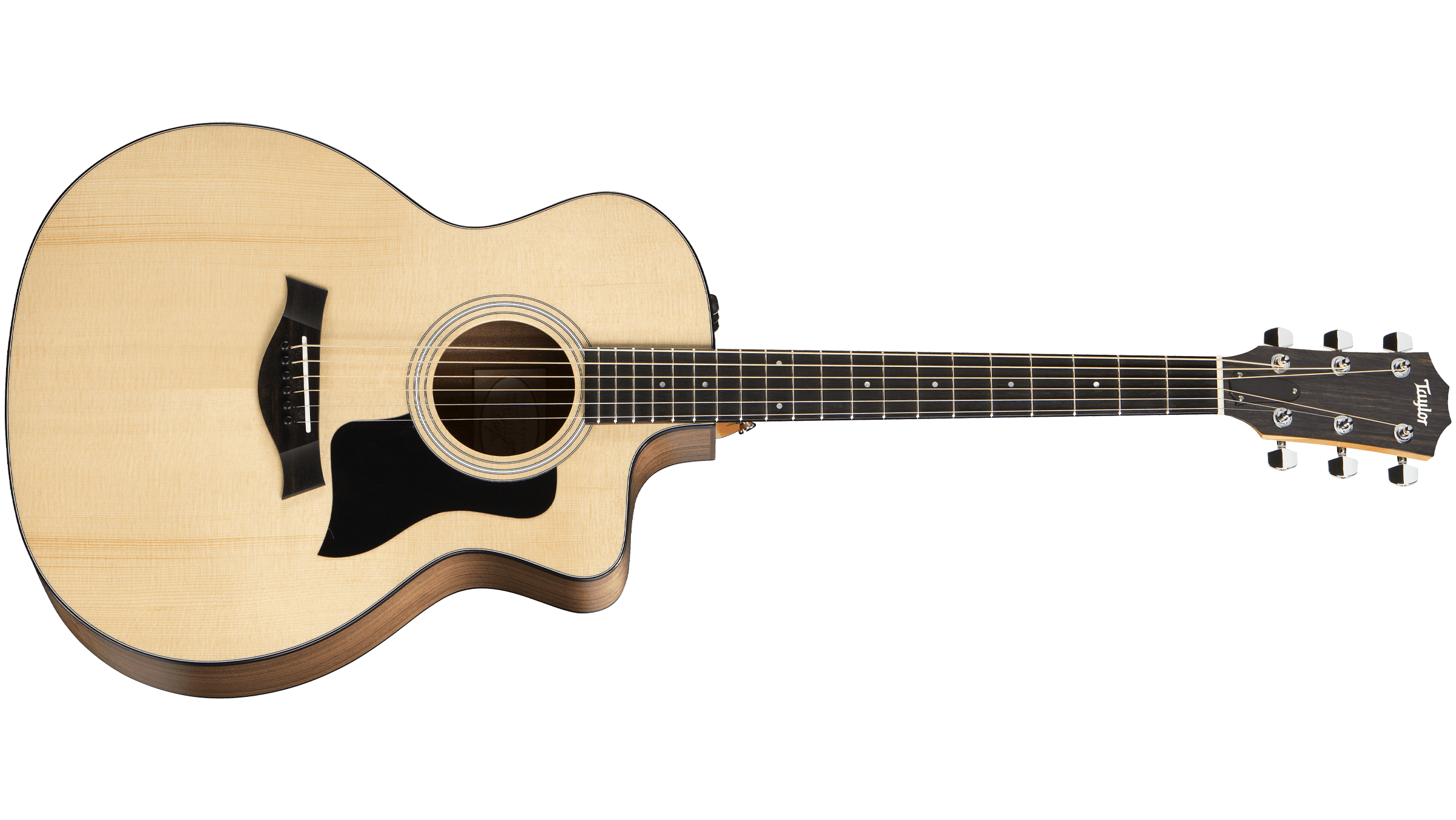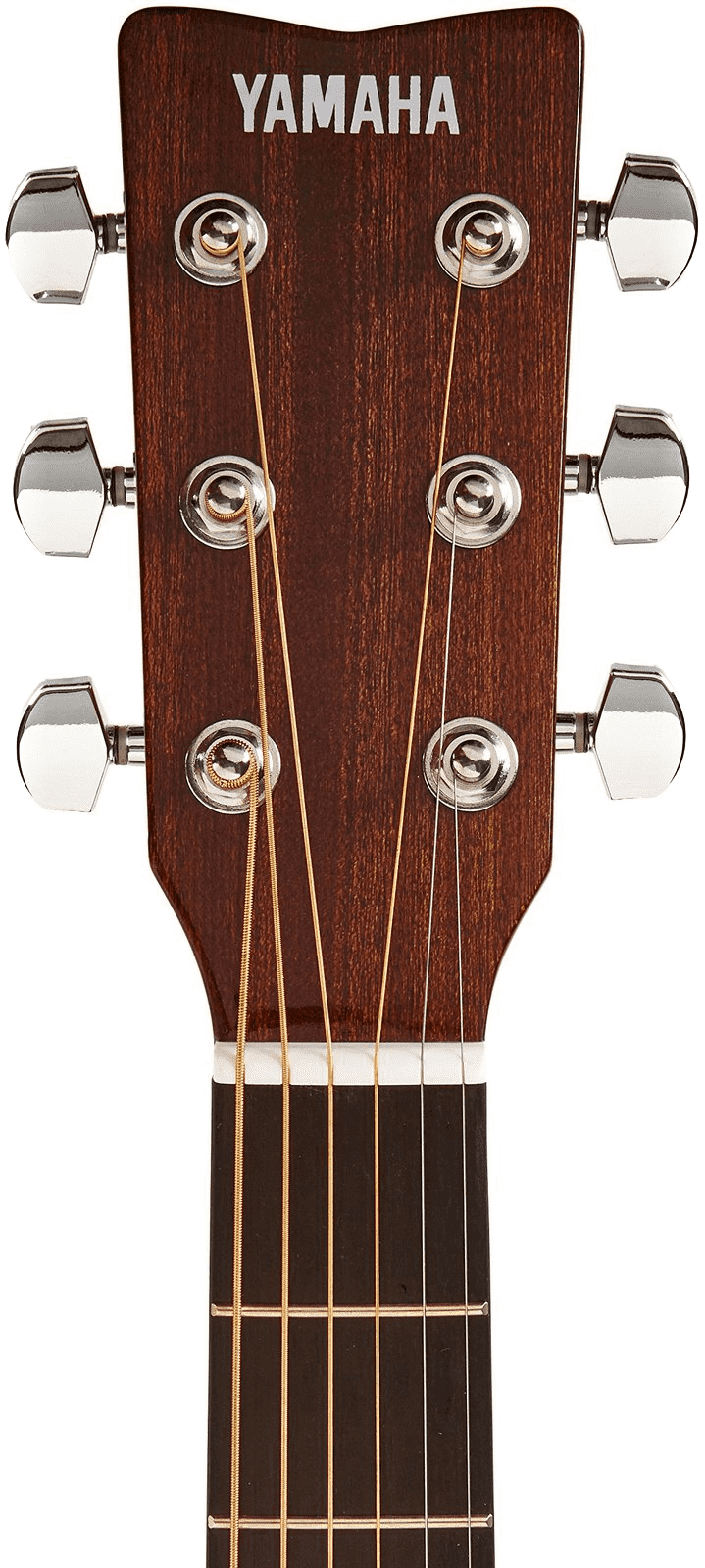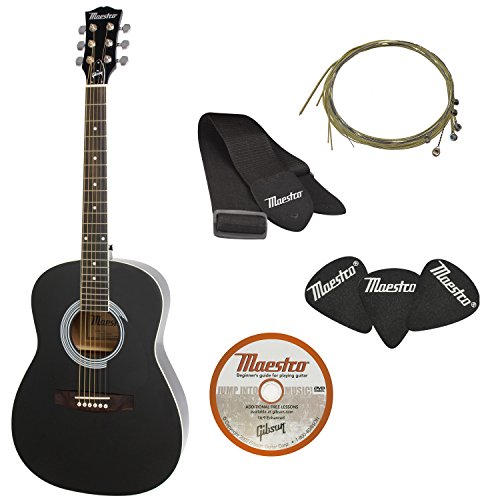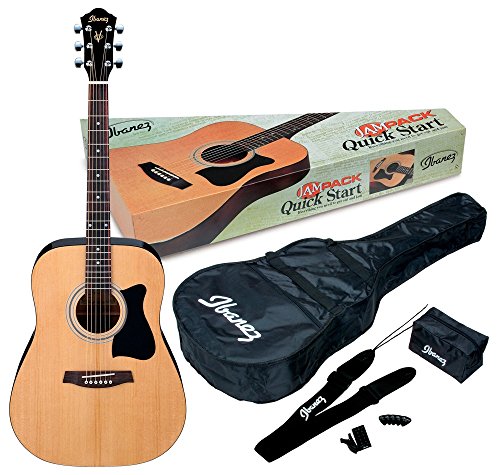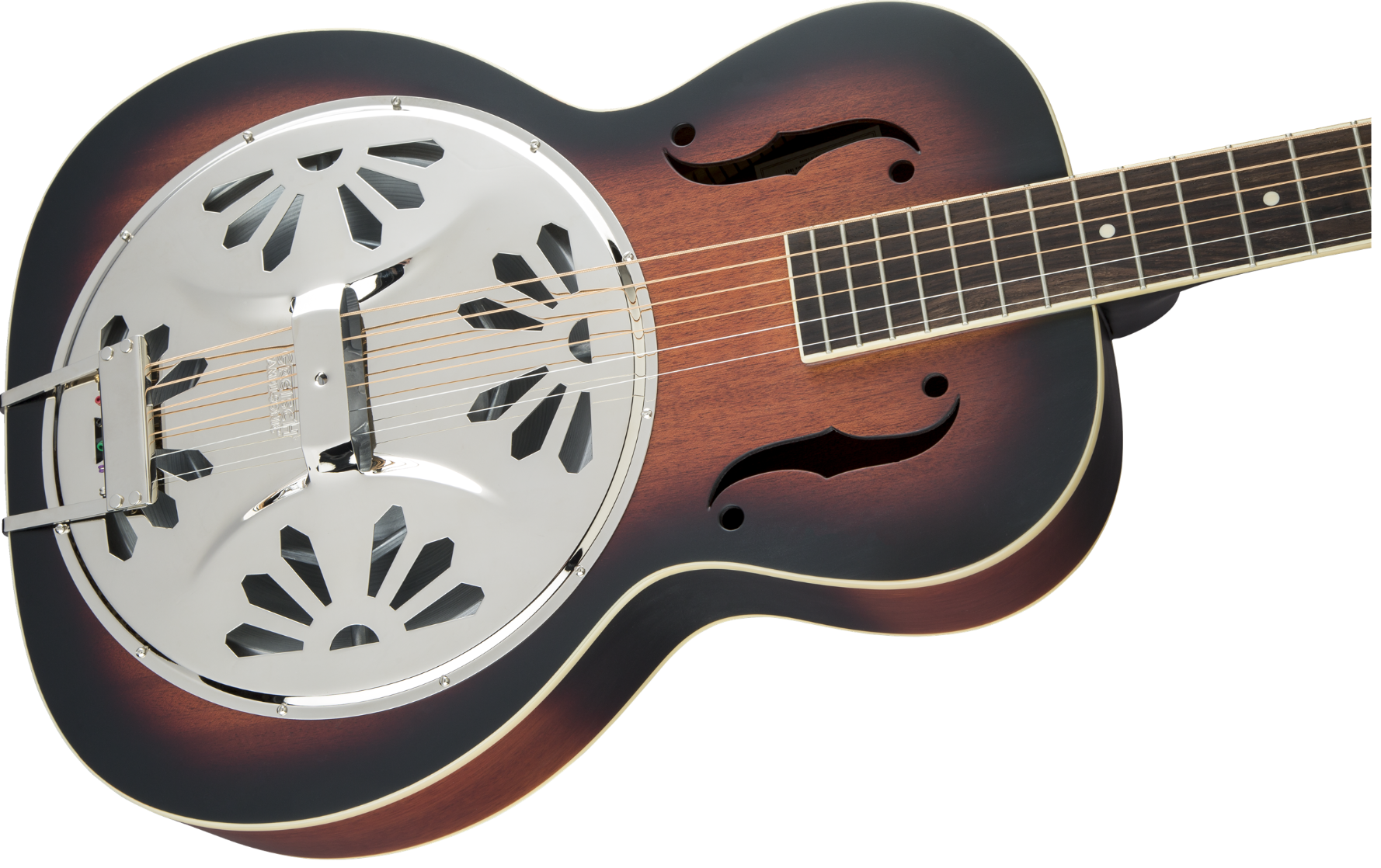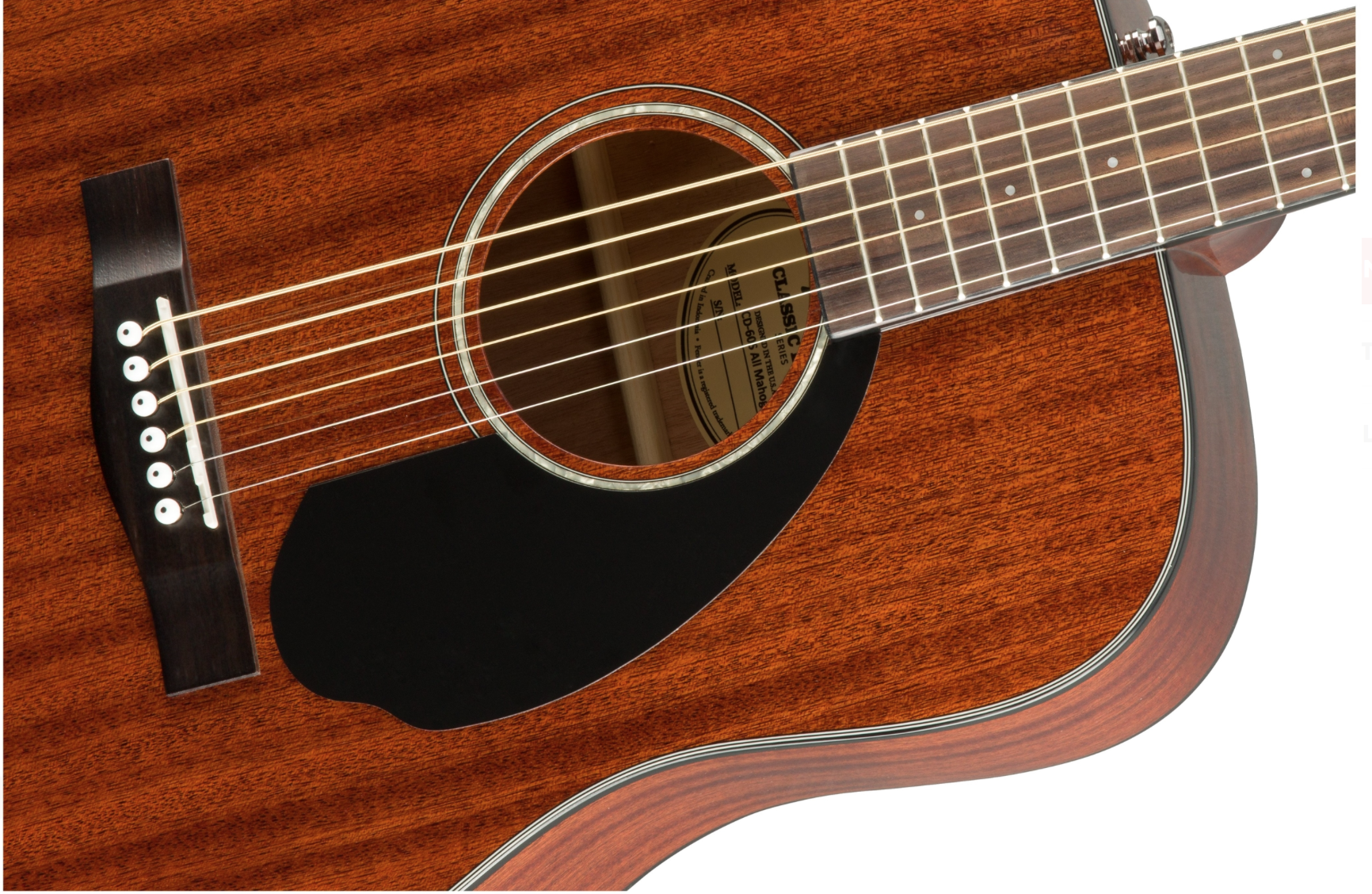Best Strings for Acoustic Guitar
KEY TAKEAWAYS
- Acoustic guitars ship with a wide variety of acoustic string types, and each type brings unique pros and cons to the table.
- Heavier strings, such as those made by Ernie Ball, are bassier and tend to last longer than thinner strings, though thinner strings allow for a more pronounced high-end.
- Some strings are coated with proprietary polymer blends, which increase their overall lifespan. These coated strings may impact the sound more than uncoated strings.
If you are new to the world of musical instruments, you may want to learn the best strings for an acoustic guitar. Many of the best guitars, after all, are acoustic models, and these instruments integrate with a wide array of strings to suit different guitar players and playstyles. So why learn which strings fit the best acoustic guitars and which are best for you? Keep reading to find out.
Why Learn About Guitar Strings?
Learning about the strings on a guitar is an important endeavor. The strings, after all, can impact the sound as much as any other major component of the instrument, leading many to look for the lightest guitar strings. Additionally, the number of strings available for the guitar impacts the sound, as there are more than just six-stringed instruments out there.
So yeah, familiarizing yourself with acoustic strings is just as important as, say, learning who invented the acoustic guitar in the first place.
Acoustic Guitar Strings Buying Guide
There are a few points to understand when purchasing new strings for your guitar so that you can make the best decision for your specific needs.
Gauge Matters
When referring to a string’s gauge, you are basically describing its thickness. Acoustic guitars integrate with a wide range of string gauges, but each gauge impacts the sound. Generally speaking, thinner strings accentuate the treble at the expense of the bass, whereas thicker strings accentuate the bass at the expense of the treble. Experiment to find the perfect gauge for your playing style. As a note, thinner strings do break easier, so keep that in mind.
Materials Impact the Sound
What the string is made out of will impact the overall sound when strummed or fingerpicked. There is no “best” sound here, but it is important to understand this basic concept so you will be pleased with your new strings. For instance, steel-wound strings sound drastically different than nylon strings. Experiment with strings made from different materials to find the sound you like the best.
Coatings Impact Longevity
You will see that some strings are coated with various polymers, while other strings remain uncoated. Coated strings tend to last longer before requiring replacement, though the coating will impart a unique tone when played. It is up to you to decide if the extended lifespan that the coating provides is worth the slight transition in sound.
Acoustic Strings FAQs
What are the best acoustic guitar strings you can buy today?
There is really no best string, as it depends on the individual player. Some people swear by Ernie Ball’s strings, while others even try electric guitar strings on their acoustic.
What are acoustic guitar strings made of?
Guitar strings are made from many different materials. Heavier strings, such as those made by Ernie Ball, tend to feature steel cores, while lighter strings made for electric guitars tend to be made of other types of metal. There are also nylon strings for some acoustic guitarists.
How often should I restring my acoustic guitar?
If you are playing uncoated strings, replace them every three months or after 100 hours of use. For coated strings, increase this time frame to four months or 125 hours of play. Medium gauge strings fall somewhere in the middle when compared to coated strings.
STAT
“Many things determine your acoustic guitar’s core tone — your acoustic guitar strings, your technique, and your choice of instrument.” (source)
TIP: You should clean your strings with a microfiber cloth after every lengthy play session.
Sources:
https://www.sweetwater.com/insync/best-strings-acoustic-guitar/
https://www.musiciansfriend.com/thehub/how-to-choose-the-right-acoustic-guitar-strings
https://www.guitarcenter.com/riffs/buying-guides/accessories/acoustic-guitar-string-buying-guide
https://www.baritoneguitar.org/blog/3-best-baritone-acoustic-guitar-strings-for-you
https://stringjoy.com/acoustic-guitar-string-gauges/








